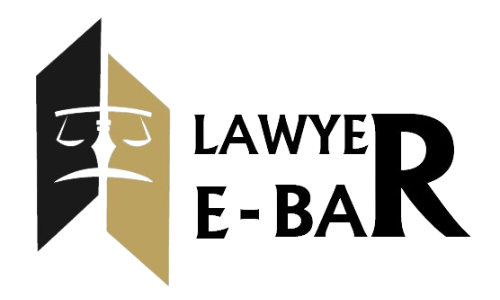01
Fraud
Fraud is a common form of criminal misrepresentation and involves intentional deception for personal gain. This could include financial fraud, identity theft, or fraudulent schemes aimed at swindling money from unsuspecting victims.
Criminal misrepresentation refers to the act of intentionally providing false or misleading information to deceive others, leading to financial or legal consequences. It involves making untrue statements, concealing relevant facts, or engaging in any deceitful conduct to mislead another party.
Fraud is a common form of criminal misrepresentation and involves intentional deception for personal gain. This could include financial fraud, identity theft, or fraudulent schemes aimed at swindling money from unsuspecting victims.
False pretenses occur when a person makes false representations to obtain someone else’s property, money, or services fraudulently.
Criminal concealment occurs when a person intentionally hides or suppresses material facts to deceive others and gain an unfair advantage.
Falsification involves providing false documents, records, or evidence to deceive individuals or authorities.
Criminal misrepresentation can lead to various charges, such as fraud, embezzlement, or false statements, depending on the nature of the offense. Penalties may include fines, probation, or imprisonment.
Apart from criminal charges, those who engage in misrepresentation may also face civil lawsuits seeking compensation for the damages caused to victims.
Preventing and Detecting Criminal Misrepresentation
Performing thorough due diligence and verifying information can help prevent falling victim to criminal misrepresentation.
Implementing robust verification processes can reduce the likelihood of accepting false or misleading information.
Whistleblower protection laws encourage individuals to report fraudulent activities without fear of retaliation.
Criminal misrepresentation involves intentional deception or knowingly providing false information.
The penalties for criminal misrepresentation may include fines, probation, or imprisonment, depending on the severity of the offense.
Yes, businesses may face liability for criminal misrepresentation committed by their employees if it occurs within the scope of their employment.
While civil misrepresentation typically leads to civil lawsuits seeking damages, in some cases, it may also result in criminal charges if the deception was particularly egregious.
Individuals can protect themselves by exercising due diligence, verifying information, and being cautious when dealing with unfamiliar or suspicious situations.
